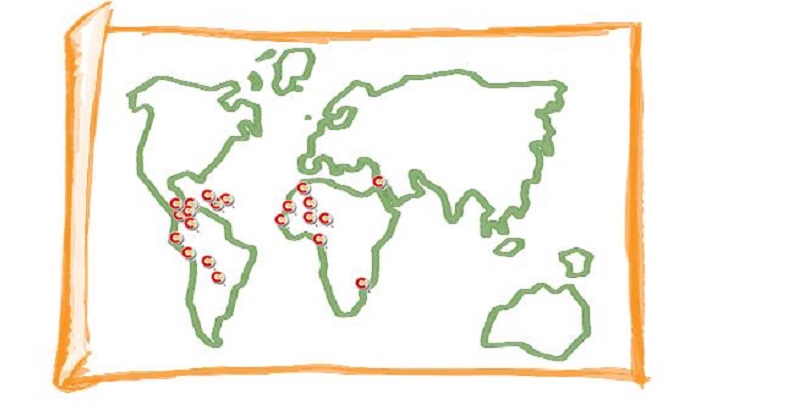-
19 February 2015
Category : Opinion
What kind of cooperation do my taxes pay for?
La Secretaría General de Cooperación Internacional para el Desarrollo (SGCID) de España trabaja día a día para rendir cuentas a la ciudadanía. Hablamos sobre ello con Ana Henche, la jefa del Servicio de Estadística de la SGCID. The Spanish General Secretariat of International Development Cooperation (SGCID) works day after day to bring accountability to citizens. We spoke to Ana Henche, head of the SGCID's Statistics Service about this. The Spanish General Secretariat of International Development Cooperation (SGCID) works day after day to bring accountability to citizens. We spoke to Ana Henche, head of the SGCID's Statistics Service about this. The Spanish General Secretariat of International Development Cooperation (SGCID) works day after day to bring accountability to citizens. We spoke to Ana Henche, head of the SGCID's Statistics Service about this.

What kind of cooperation do my taxes pay for?, is a question that must have been asked before. Since last year, the Spanish General Secretariat of International Development Cooperation (SGCID) has been trying to answer this question in a simple and direct way on the website “Cooperación en cifras“. There the reader will not get lost in technical concepts and data but rather will find an accessible and transparent view of cooperation.
“Often citizens and the news media do not want to sit down and read a manual to find out how cooperation funds are spent, for example. They just want to know where the money for cooperation goes and what projects are being developed. They don’t need such detailed information”, explains Ana Henche, head of the SGCID’s Statistics Service, in reference to this tool.
According to Henche, Spanish cooperation policy is one of the areas where accountability is most needed. “We are asked to provide a great deal of justification and we are transparent. At least, whenever they ask us for information, we send all that we have”, she continues. And not just by citizens but also by other agents of civil society such as NGOs or the Coordinating Committee for Development NGOs-Spain (CONGDE), which looks into where the taxes Spaniards pay for cooperation goes.
Online since 2011
The department Ana coordinates started to fulfil this transparency responsibility in 2011 through info@OD. This is a system for compiling, analyzing and publishing what the different recipients, such as the FIIAPP, have done with the funds from the general State budgets dedicated to cooperation each year, whether these be government agencies, universities or NGOs. It generates a type of information that is designed for researchers and conducting analyses.
Over time, the Statistics Service of the SGCID has managed to develop communication tools like “Cooperación en cifras” (Cooperation in Figures) and to help everyone understand the information this department handles, which can range from the type of cooperation government agencies, universities and NGOs undertake to the budgets being managed. “With just one click people can learn what projects are being developed in a country or the sectors in which Spanish cooperation is active, summarizes Ana Henche.
The author has sole responsibility for the opinions and comments expressed in this blog
The views and opinions expressed in this blog are the sole responsibility of the person who write them.




